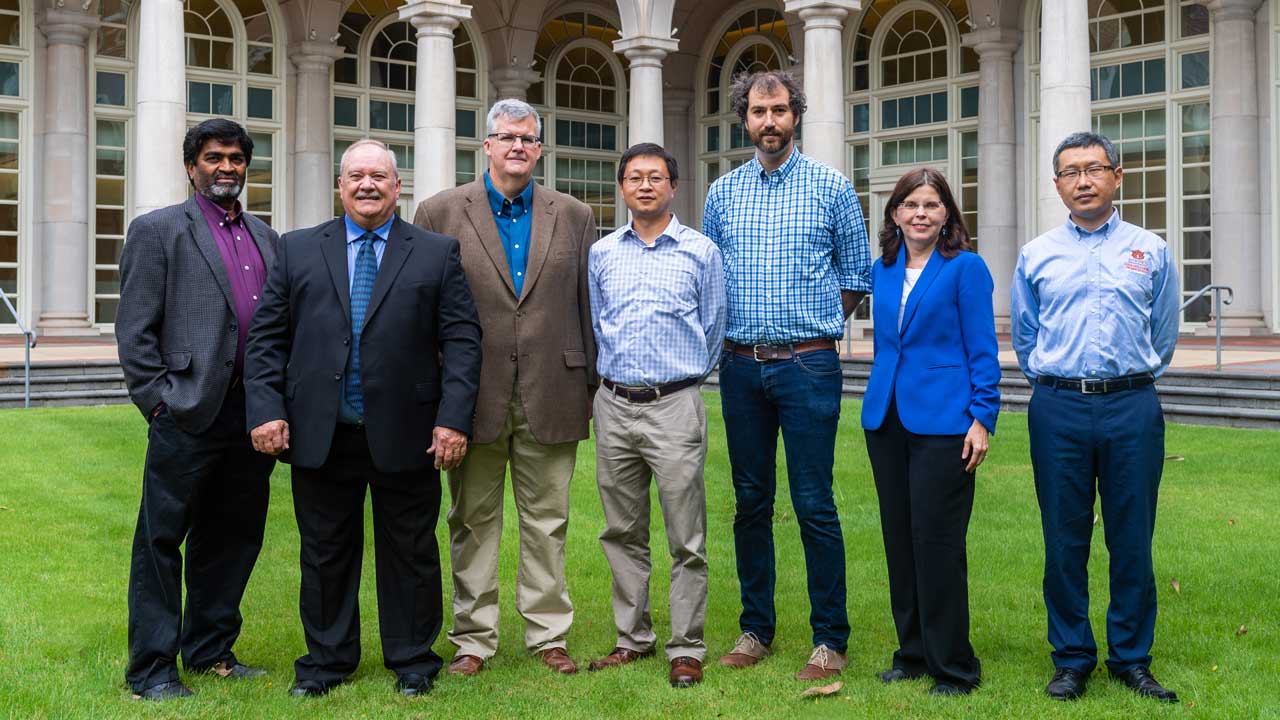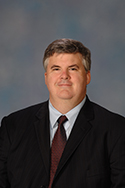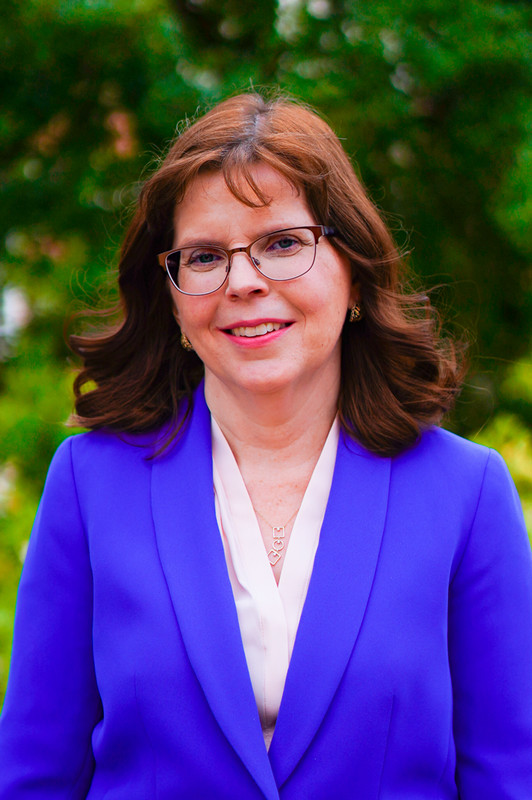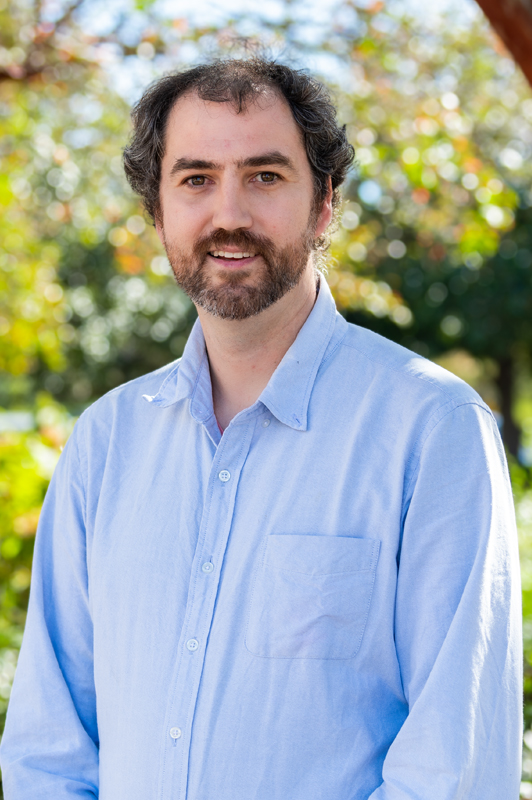Interdisciplinary faculty team aims to expand plastic recycling options with NSF award
Published: Sep 15, 2021 12:46 PM
By Cassie Montgomery
When it comes to recycling, not all plastics are treated equally.
Multilayer plastics, which make up the majority of food-packaging material, fall into an “other” category of plastics due to their composition. The same process that keeps food products, including meats, juices, cheeses, prepared foods and others safe during transportation and storage makes recycling “quite difficult,” said Edward Davis, Auburn University associate professor of materials engineering.
“The issue with multilayer structures is, quite often, they’re adhered together. In traditional thermal plastic recycling systems, there’s not a good way to separate those materials and so what happens to multilayer packaging, in general, is it just gets sent to a landfill. There’s nothing that you can really do with it to recycle it,” Davis said.
Faculty from Auburn’s Samuel Ginn College of Engineering, School of Forestry and Wildlife Sciences and College of Agriculture, along with faculty from Tuskegee University and Southern Union State Community College, are teaming up in an interdisciplinary effort to research the issue of recycling multilayer plastics with their project “Supercritical Extraction for the Elimination of End-of-Life Plastics.”
With the $1.9 million award, funded by the National Science Foundation, researchers will use the unique properties of supercritical carbon dioxide mixtures to enable the separation of the materials used in typical multilayer food packaging. If successful, the project will result in new technology that increases the recyclability of plastic waste, reduces the amount of plastic waste entering landfills and limits the environmental impact of food packaging.
Each researcher on the diverse team brings a unique perspective to the project, including expertise in food packaging technology, supercritical fluid thermodynamics and the environmental and sociological impacts of recycling on the greater population. Partnering with Tuskegee University and Southern Union State Community College brings even more diversity of thought into the process – offering expertise in polymer processing and injection molding capability, respectively. Partnerships with plastic producers, users of plastic packaging and recyclers will also ensure the results will be relevant to the industry.
“Graduate students often only get to do research at one institution guided by a couple of faculty members. This grant will give students the chance to do research at three different institutions and learn from faculty with a broad range of expertise. They will also get to interact with several companies,” Davis said. “This will improve their appreciation for the overall recycling process and better prepare them for the workforce.”
Through the combined effort, the team aims to develop a process that will allow for straightforward implementation on equipment commonly found at existing recycling plants, potentially making a significant impact in the recycling industry.
However, the impact would not only be felt on the industrial scale, but on the individual level as well. Commonly, only plastics numbered one to six are recyclable in home recycle bins. The multilayer, or “other,” plastics being studied bear a number seven stamped on the bottom.
“If it works, and we can actually recycle multilayer materials, it is going to have a huge impact. In theory, you would no longer have the requirement of looking at the bottom of all your pieces of plastic to figure out if it is one through six – you could just toss them all in the same container,” he said. “Our work could enhance the amount of plastic that’s in a continuous recycling loop and reduce the amount of material going to landfills or that winds up in our oceans.”
Davis serves as the principal investigator on the project. Co-principal investigators include Yucheng Peng, assistant professor of sustainable packaging systems in the Auburn University School of Forestry and Wildlife Sciences; Virginia Davis, the Daniel F. and Josephine Breeden Professor of chemical engineering; Ruiqing Miao, associate professor of agricultural economics and rural sociology in the Auburn University College of Agriculture; and Vijaya Rangari, professor of materials science and engineering at Tuskegee University. Additional collaborators include Christopher B. Roberts, dean of Auburn’s Samuel Ginn College of Engineering; Bryan Beckingham, assistant professor of chemical engineering at Auburn University; and William Clifton, head of the plastics injection molding program at Southern Union State Community College.
Media Contact: , cmontgomery@auburn.edu, 334.844.3668
The interdisciplinary team evaluating multilayer plastics includes faculty from Auburn Engineering, the Auburn University School of Forestry and Wildlife Sciences and College of Agriculture, as well as Tuskegee University and Southern Union State Community College.




